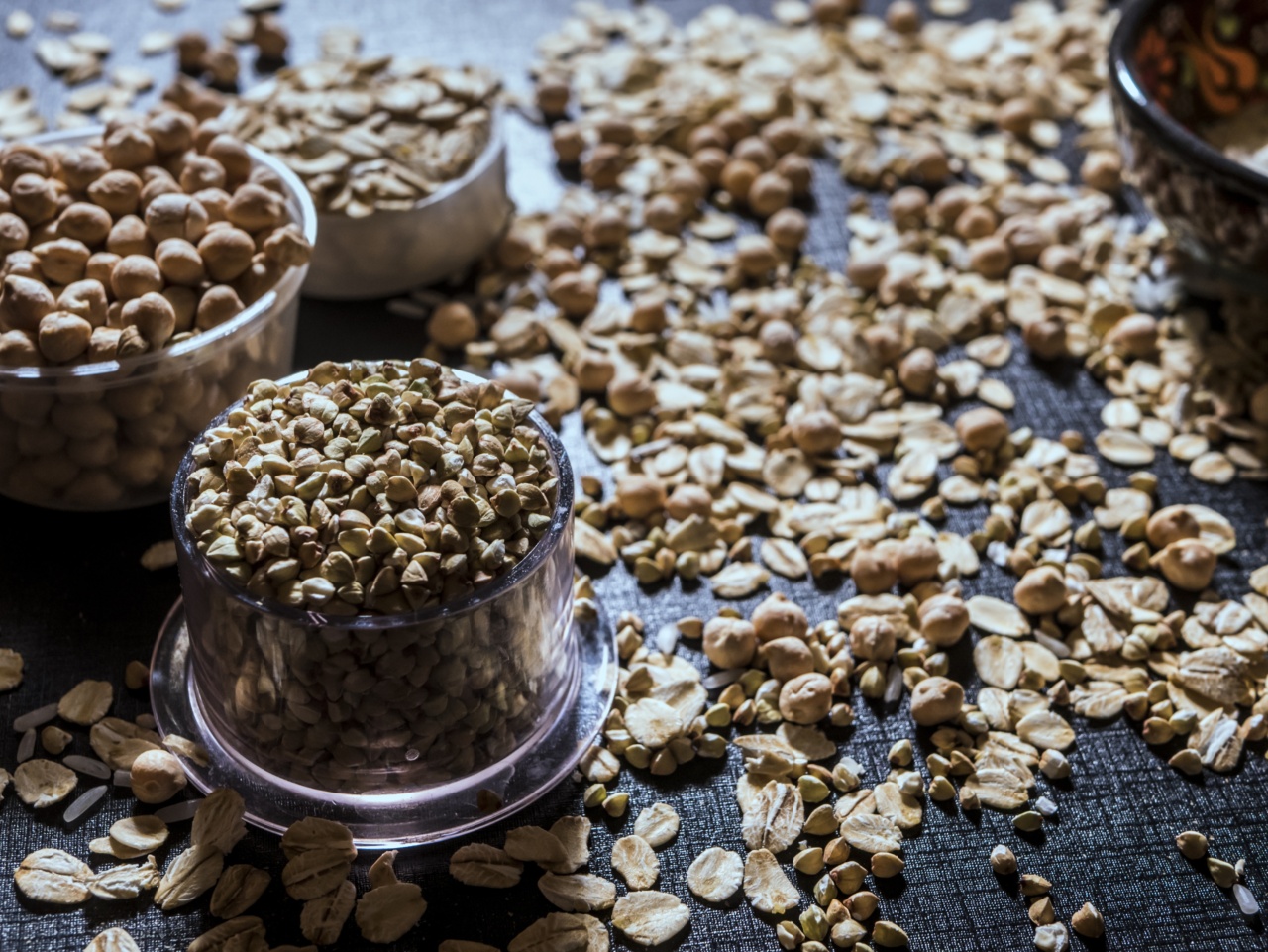If you are like most people, you have probably heard that whole grains are better for you than refined grains.
But what exactly does that mean? And what is it about whole grains that make them more beneficial for your gut health? In this article, we will explore the benefits of whole grains over processed cereals, and explain why you should make the switch today.
What are Whole Grains?
Whole grains are grains that have not been processed or refined. The entire grain kernel is still present, including the bran, germ, and endosperm.
This means that the grain still contains all of its original nutrients, including fiber, vitamins, and minerals. Examples of whole grains include:.
- Brown rice
- Quinoa
- Whole wheat
- Barley
- Oats
What are Processed Cereals?
Processed cereals are cereals that have been stripped of their nutrients during processing. This usually involves removing the bran and germ from the grain kernel, leaving only the starchy endosperm behind.
The resulting product is then fortified with vitamins and minerals to compensate for the lost nutrients. Examples of processed cereals include:.
- White rice
- White bread
- Corn flakes
- Most breakfast cereals
Why are Whole Grains Better for Your Gut?
Research has shown that consuming whole grains on a regular basis can have several benefits for your gut health, including:.
1. Increased Fiber Intake
One of the main benefits of whole grains is their high fiber content. Fiber is a type of carbohydrate that your body cannot digest, meaning it passes through your digestive system relatively intact.
This helps to keep food moving through your system, preventing constipation and other digestive issues. It also helps to feed the beneficial bacteria in your gut, which can improve your overall gut health.
2. Improved Digestive Function
Because whole grains are high in fiber, they can also help to improve your digestive function. Fiber helps to bulk up your stool, making it easier to pass through your system.
It can also help to reduce inflammation in your gut, which can be beneficial for people with inflammatory bowel diseases like Crohn’s disease or ulcerative colitis.
3. Lower Risk of Colon Cancer
Studies have shown that consuming whole grains on a regular basis can help to reduce your risk of developing colon cancer.
This may be due to the high fiber content of whole grains, which can help to remove waste and toxins from your colon more efficiently.
4. Reduced Inflammation
Whole grains also contain anti-inflammatory compounds that can help to reduce inflammation throughout your body. This can be beneficial for people with inflammatory conditions like rheumatoid arthritis, as well as for general gut health.
5. Increased Nutrient Intake
Because whole grains contain all parts of the grain kernel, they are a much richer source of nutrients than processed cereals. They contain vitamins, minerals, and antioxidants that are important for your overall health and wellbeing.
How to Incorporate Whole Grains Into Your Diet?
Now that you know why whole grains are better for your gut health, it’s time to start incorporating them into your diet. Here are some tips for making the switch:.
1. Experiment with Different Grains
There are many different types of whole grains to choose from, each with its own unique flavor and nutritional profile. Experiment with different grains like quinoa, barley, and brown rice to find the ones that you enjoy the most.
2. Start Small
If you are not used to eating whole grains, it’s best to start small. Try replacing half of the white rice in a dish with brown rice or mixing quinoa into your favorite salad.
As you start to get used to the taste and texture of whole grains, you can gradually increase the amount that you consume.
3. Look for Whole Grain Products
When shopping for bread, pasta, and other grain-based products, look for ones that are made from whole grains. Many products are labeled as “whole grain,” making it easy to find them in the grocery store.
The Bottom Line
If you care about your gut health, it’s time to start making the switch to whole grains. Not only are they more nutritious than processed cereals, but they also come with a host of benefits for your digestive system.
So go ahead and replace that bowl of corn flakes with a serving of steel-cut oats – your gut will thank you!.






























